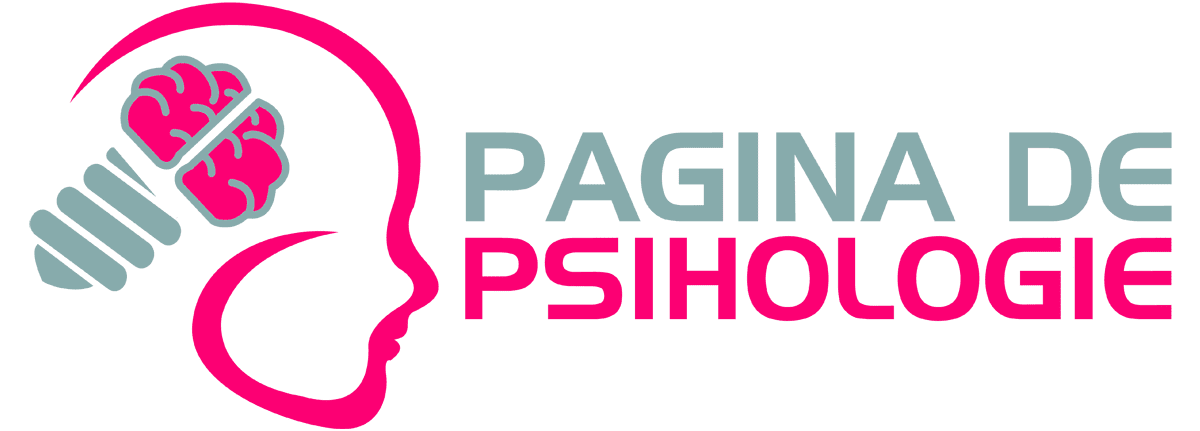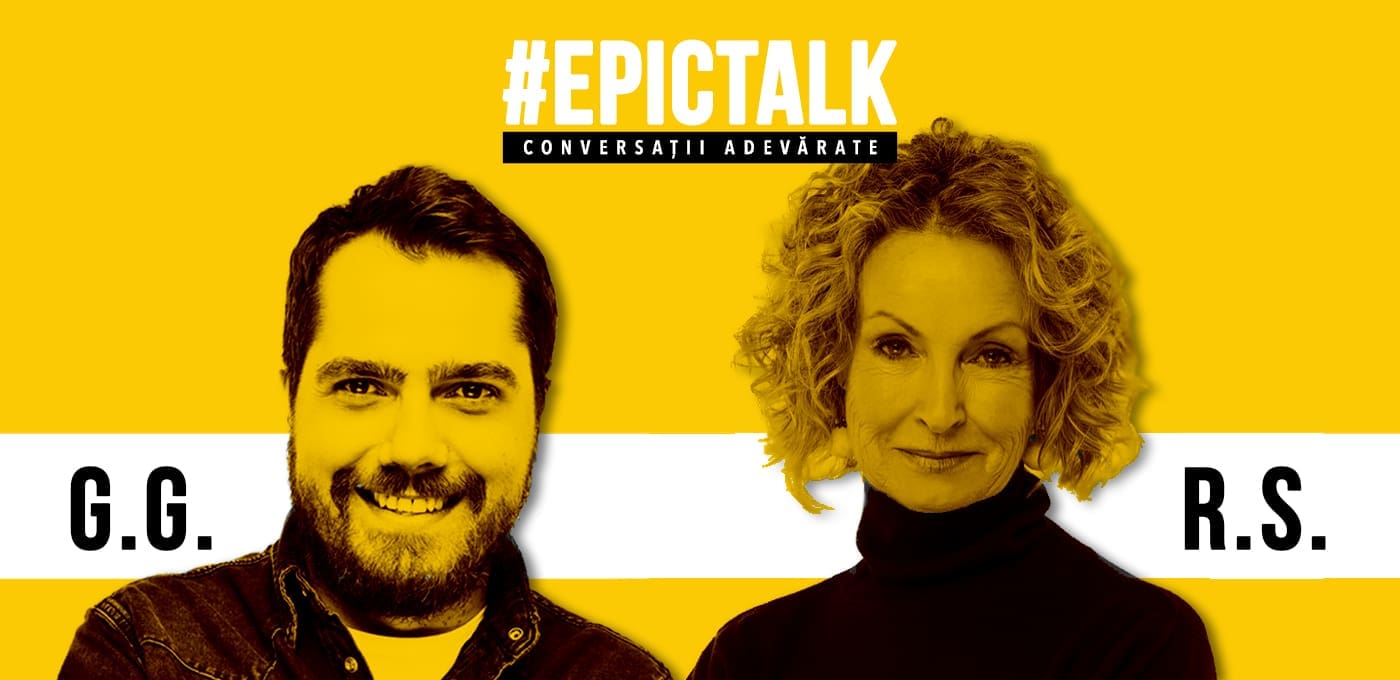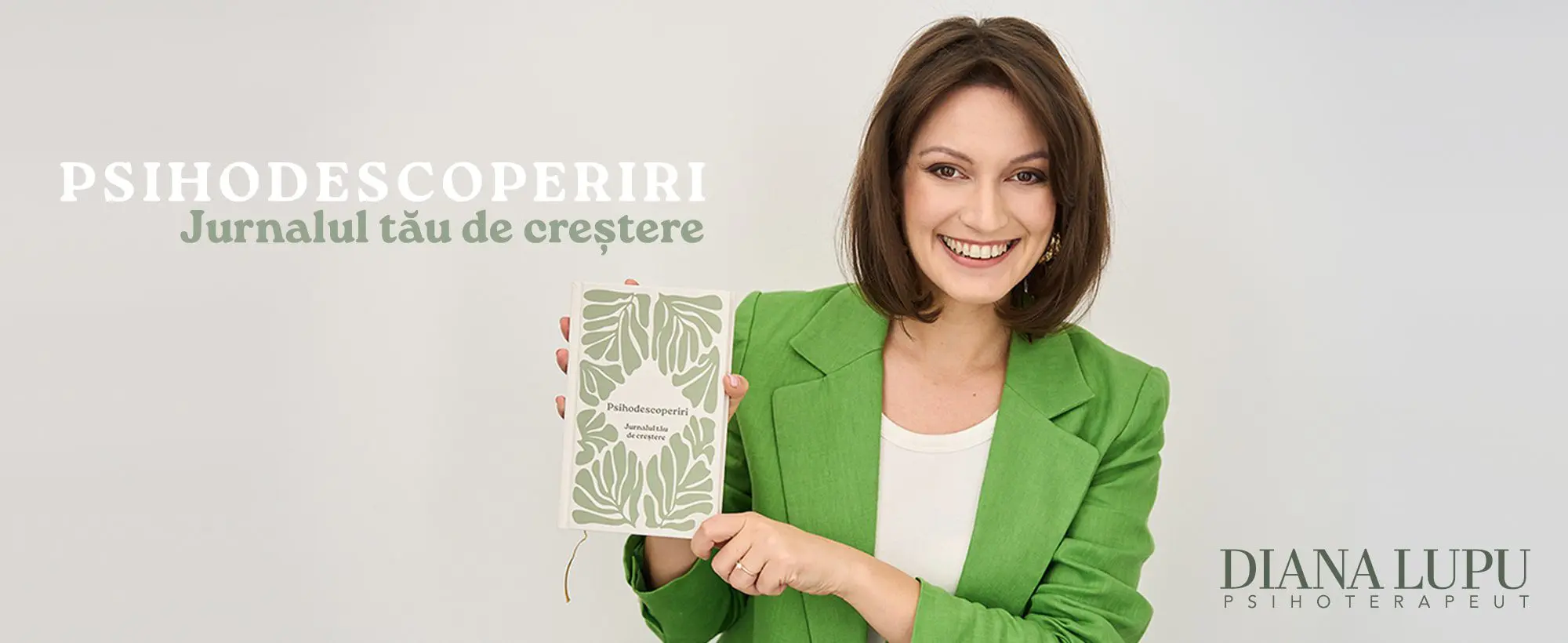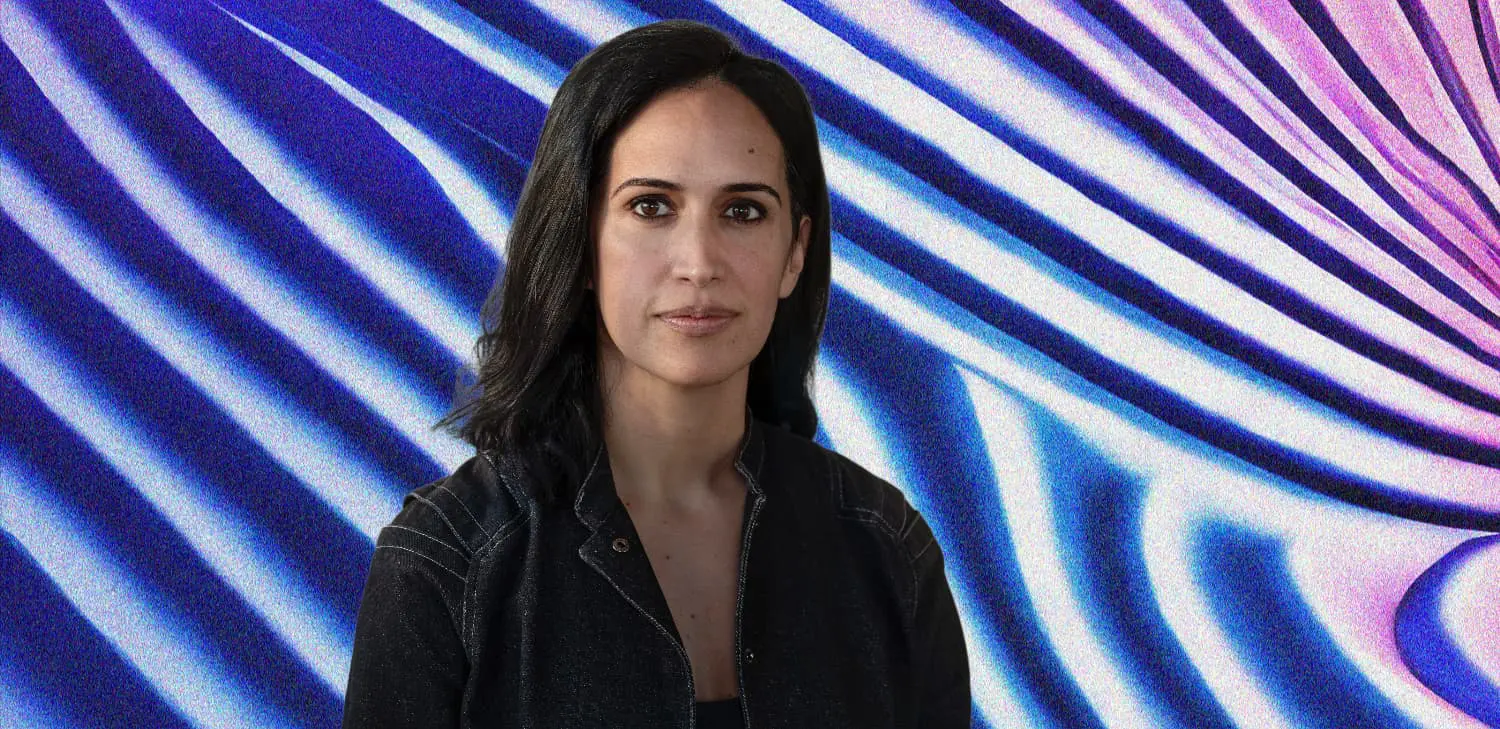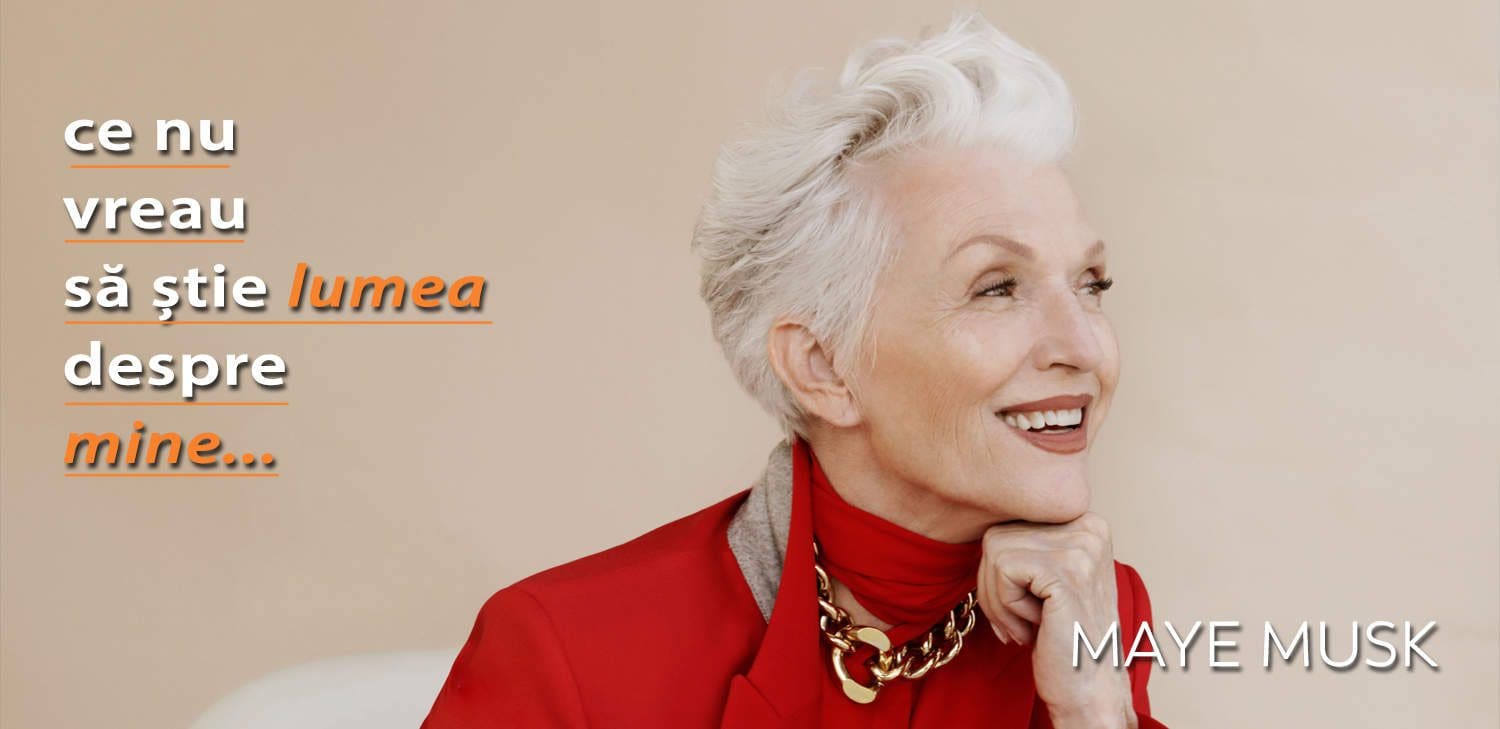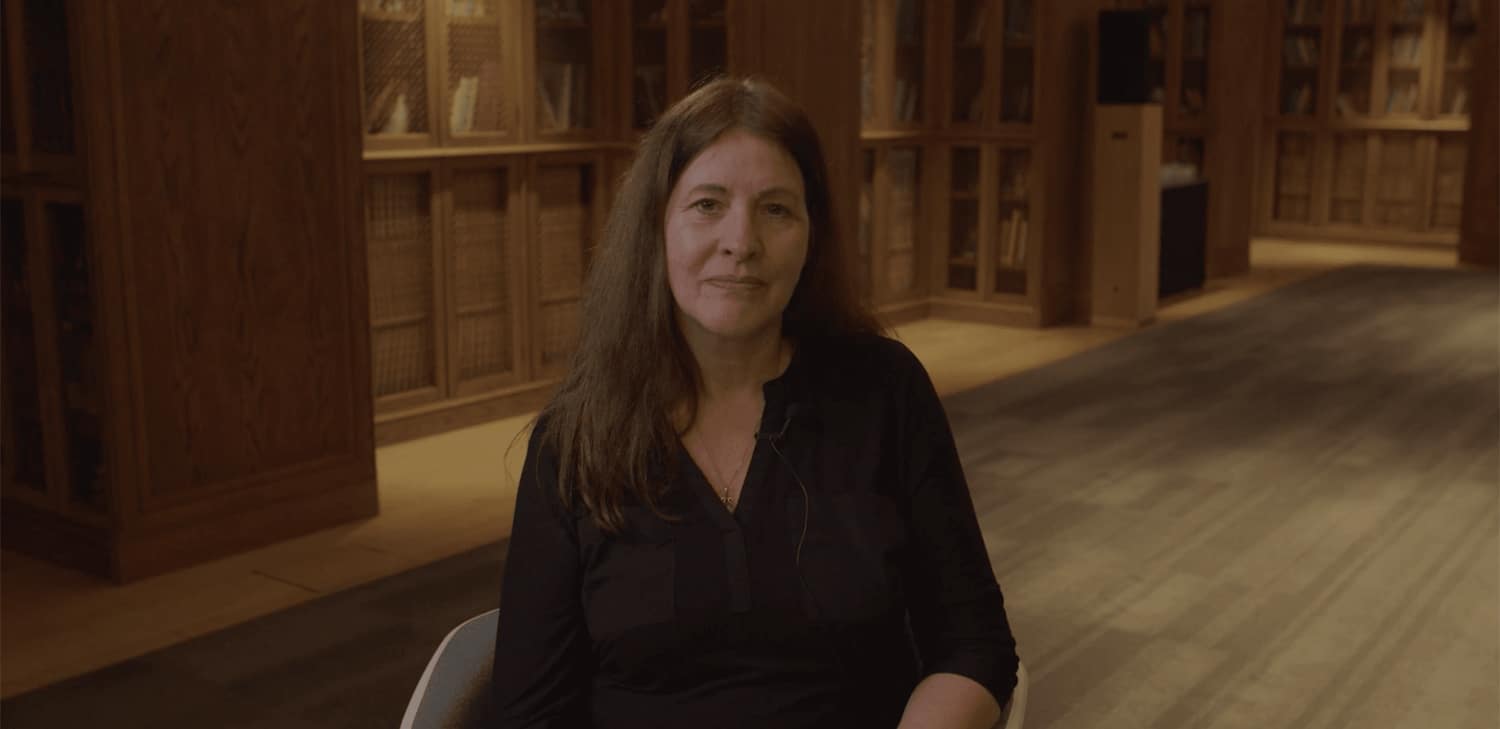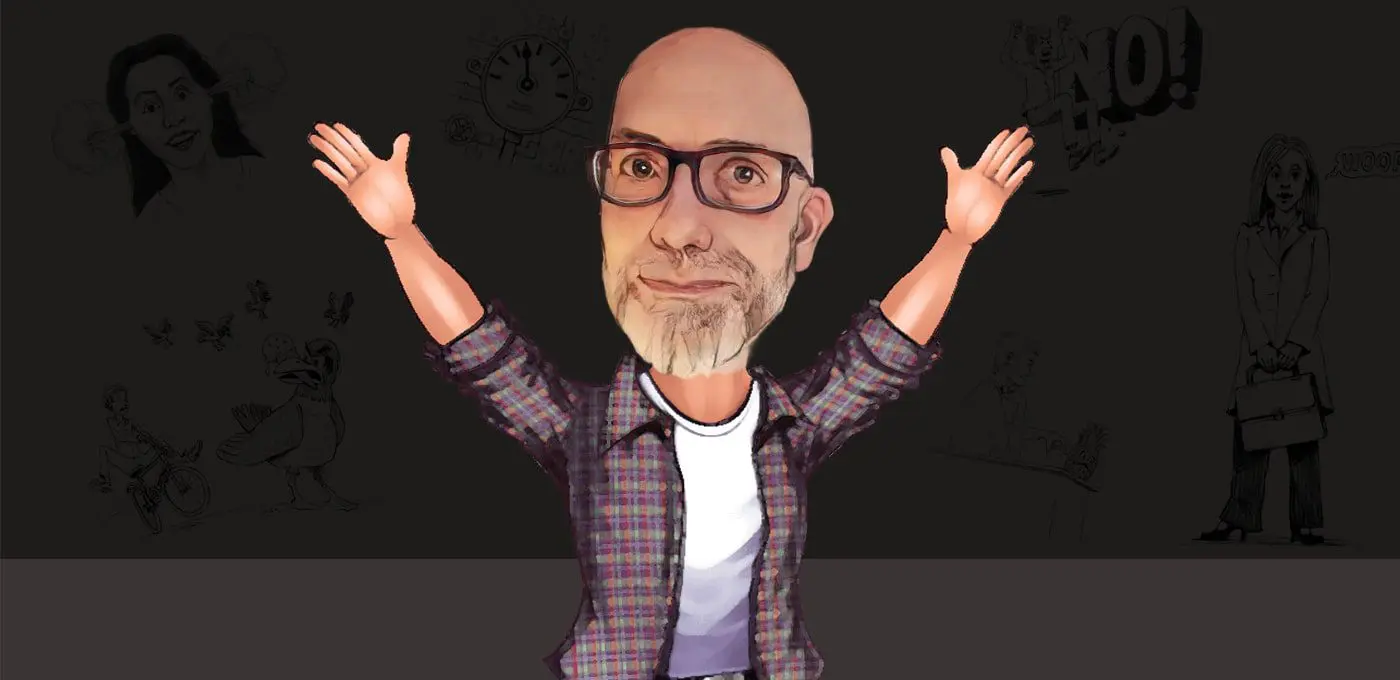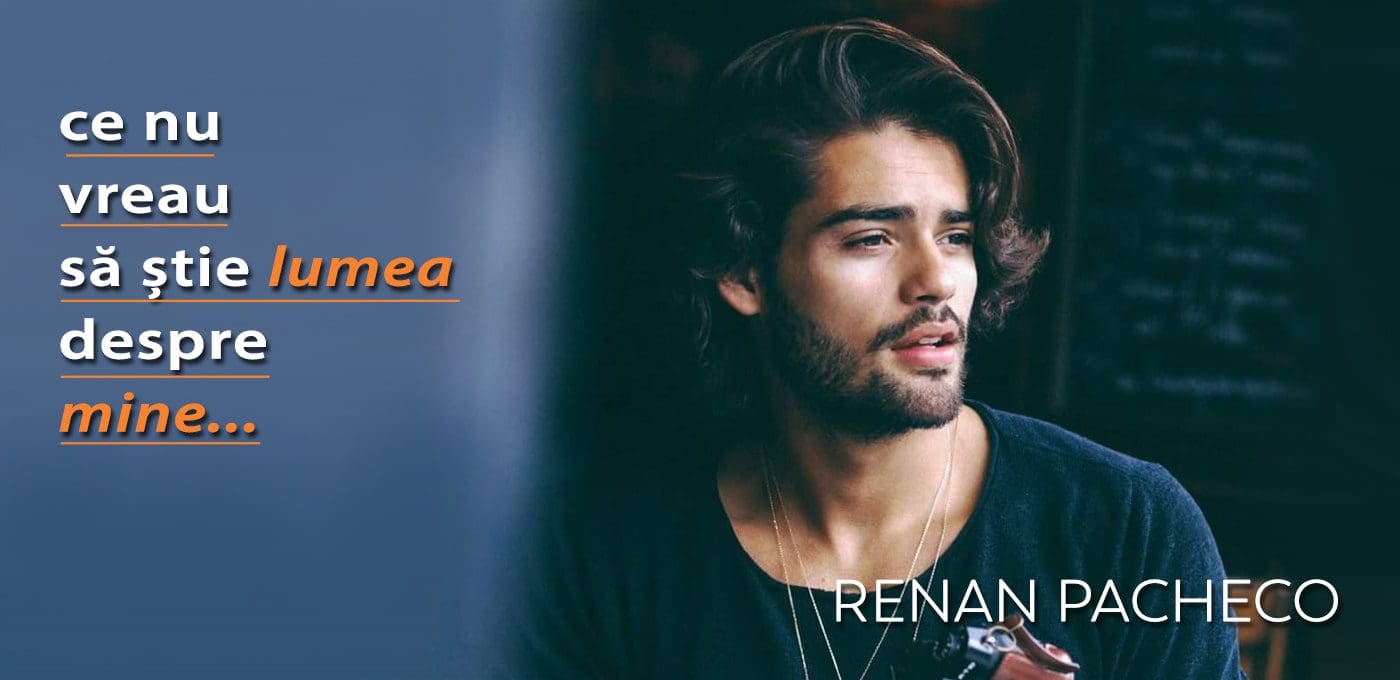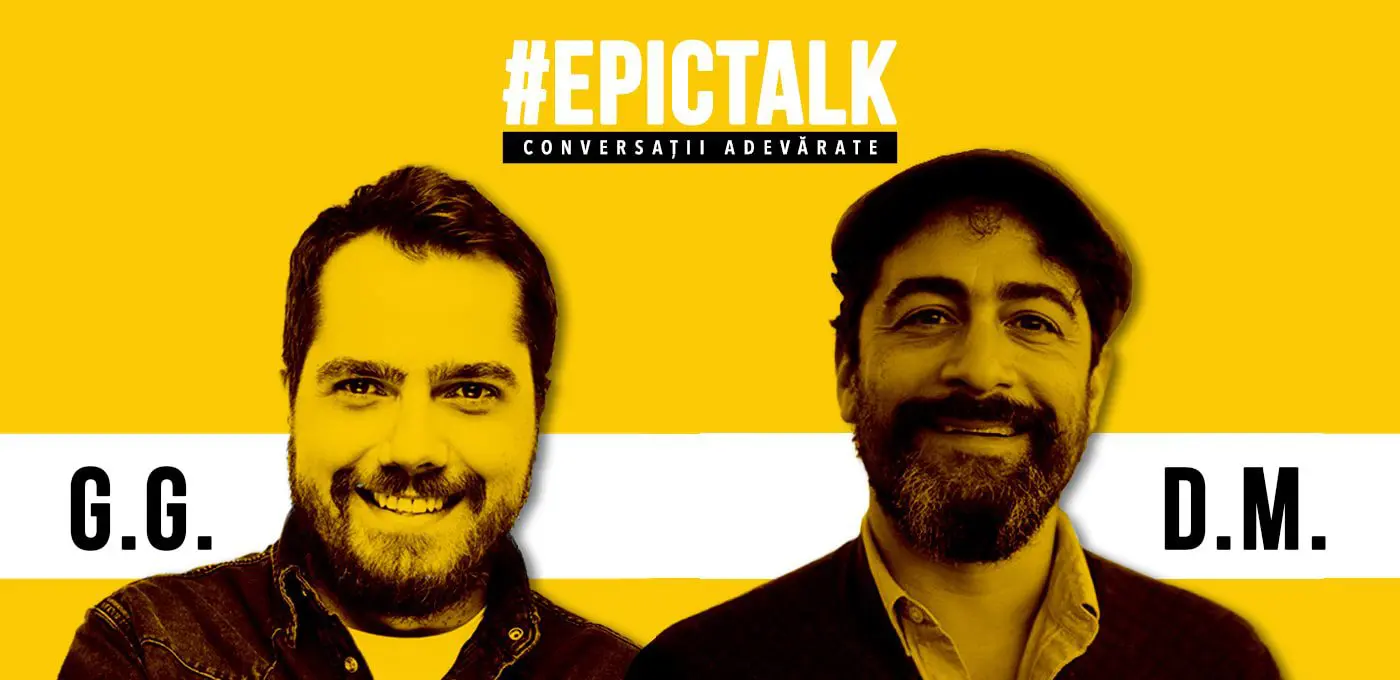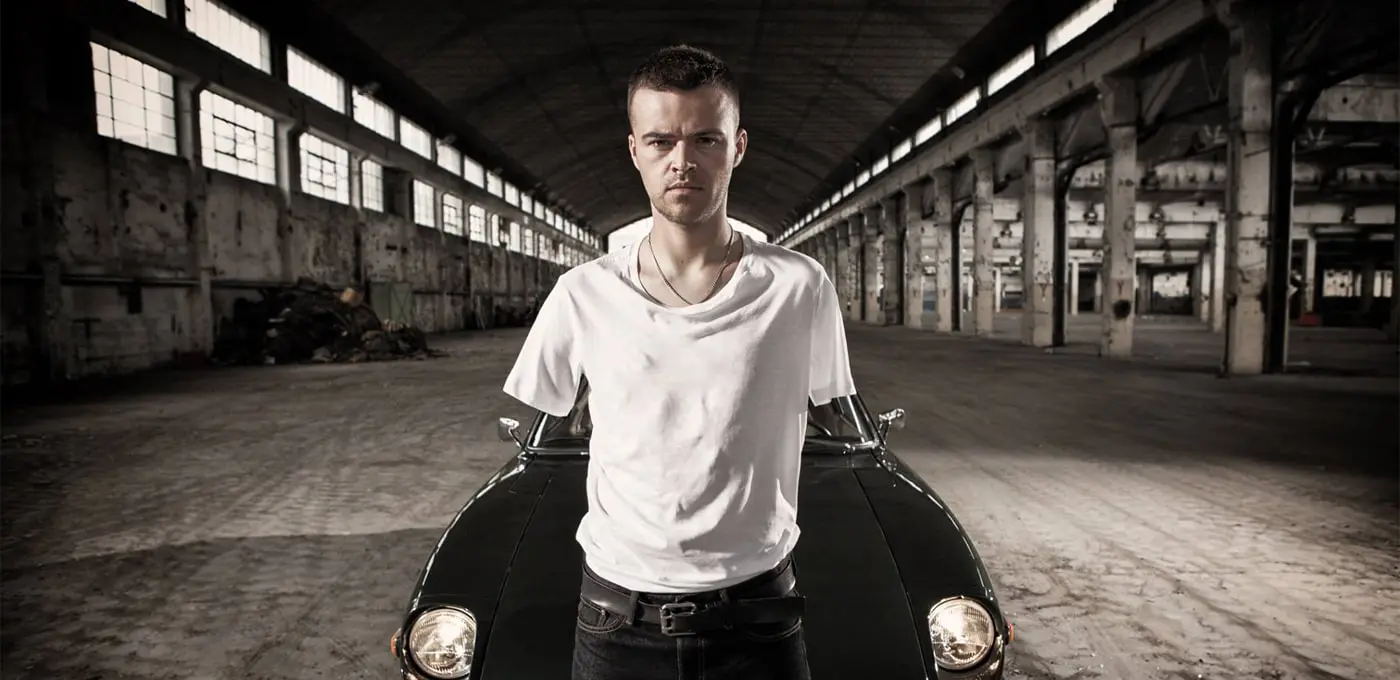Dear Rebecca, it is a great pleasure to do this interview in an important moment for the Imago community from Romania, when the book Doing Imago Relationship Therapy gets published and we celebrate seven years since Imago started its journey in our country. In 2015, Harville Hendrix and Helen LaKelly Hunt (the founders of Imago Relationship Therapy) visited Romania, and in 2016 we started the Imago Clinical Training program, with you as a Facilitator. Since then, the first Imago therapists and Workshop Presenters were certified in Romania, and soon the first Romanian Clinical Supervisors will be certified. As a result, because you actively contributed to laying the foundations of the Imago community in Romania, I am extremely happy that we can have this dialogue.
Gáspár: You are one Imago Facilitator that comes gladly in this part of the world, I mean Romania and Estonia, mainly. The trip from Washington, your home, is not easy, but you always come with a lot of energy and good mood. What do these trips to Europe mean to you and what have you learned about the people from this part of the world?
Rebecca Sears: That part of the world – and I’m thinking Eastern Europe, the former soviet occupied countries – has drawn my heart, soul and curiosity since 1968, when I visited the Berlin Wall. Then I somehow knew that my life would be about building bridges and not walls. I wanted to understand and connect with those on „the other side“ and somehow devote my life to breaking down barriers. I’m still learning so much about my friends, colleagues and trainees in Romania and Estonia (and Russia) and I can feel the energy just writing those words! First of all, we are all so alike in our hearts, our desire for connection, safety and a joyful vibrant life, we all hurt and we all have fears, especially of feeling alone. And there are cultural adaptations and strategies I notice in each country, a way they each hold onto life in the face of hardship. You, Romanians, seem very passionate and feisty with your energy. You all step out to create a better world. The world sees your fire and commitment when you take to the streets for justice and drive to the border with Ukraine to take in refugees. Yes, passionate and feisty! The Estonians are the „quiet ones behind the scenes“, who quietly till the soil and prepare for whatever needs to blossom next. Sometimes when I’m there I just have to stand still and wait for all the incredible creations to emerge and reveal themselves… and then just be amazed. Of course, these are just my perceptions as I’m lucky enough to be able to develop deeper connection in both counties.
Gáspár: I mentioned that it has been 7 years since the Imago therapy began to develop in our country, so we might say that Imago Romania has reached its middle childhood. Therefore, I would like to ask you what do you consider to be the 7 most important principles in Imago Relationship Therapy?
Rebecca Sears: 7 Principles…
- We are all connected and we want to experience that connection. It’s painful when we don’t.
- We have brilliantly adapted not to feel the pain and disappointment of separation. These are strategies which once worked in our past, but may be keeping us imprisoned in our intimate lives now.
- We need a safe, predictable environment to grow and thrive and to be conscious and willing to adjust our old survival patterns.
- We select /are attracted to intimate partners that are different than us and hold our blueprint for growth.
- Conflict is growth and transformation trying to happen and an invitation to become more conscious.
- The intentional dialogue in Imago helps create a safe, predictable environment where the partners in a couple together can begin to embody and create an empathic and differentiated connection.
- This is the hardest thing to do because of our old survival brains and we need to help and support one another on this exciting adventure of possibility. Having a skilled Imago therapist and colleague is so vital to shift into this exciting but often vulnerable possibility.
Gáspár: You are one of the people I appreciate profoundly, I learned a lot from you and there are still many things I learn when I follow one of the courses or workshops you run or when we have a simple conversation. I especially appreciate two things about you: your warmth towards other people and your elegant attitude that speaks for Imago Relationship Therapy. Therefore, I would like to ask you what are the main qualities of the Imago therapist, from your point of view? What distinguishes him from other therapists?
Rebecca Sears: Thank you so much for the compliment, Gaspar, I receive it with all my heart. The Imago therapists allow themselves to discover that we are all indeed connected and longing to experience this connectedness! Our training invites us to actually do together what we try to help couples/others to stretch beyond their outdated survival strategies, create an environment to struggle with the pain and fears and actually have an experience of „winning together“. We practice over and over what it means to be „dialogical“. We fail and succeed and cheer each other on. Then we can authentically sit and facilitate a couple in the darkest times of hopelessness toward a place of possibility, hope and consciousness. Imago therapists stay out of judgement and problem solving (at least we try!) We know how to create that environment of possibility so two people can safely speak, interact, explore, tolerate differences and find that experience of that aliveness that originally attracted them to one another! Imago therapists are fearless, hopeful, real and incredibly skilled!
Gáspár: I mentioned the new book of Harville and Helen, recently translated into Romanian. What was it like for you to read the book for the first time and what information surprised you or expanded your view of the Imago therapy?
Rebecca Sears: I’m still working my way thought the new text book, which I think is fabulous! I noticed my resistance to the beginning chapters on quantum physics (laughs). I do better with the experience and belief in our connection. And what I am appreciating as I keep going in the book is the clarity and simplification of how to create safety, what we need to know and share about ourselves, and the effective workable steps that „make sense“ to therapists and couples. Doing Imago/growth/consciousness work isn’t easy because of the power of the „old brain“, but good understandable steps and simple logical explanations are helpful! It’s not a mysterious process that only God and a good therapists can replicate! I love this book because it invites those in the helping professions to say „Yes!… that’s how I can really be effective and helpful to a couple!“ I want to join other professionals and colleagues in transforming our culture, one relationship at a time! OK, you are also inciting me to finish the book and use it more in our training process.
Gáspár: Last year, the Imago Therapy Academy in Romania was founded, the professional entity that coordinates the activity of imago therapists and students. What do you think about the development of the Imago community in our country and how do you feel knowing that you had a big contribution to this?
Rebecca Sears: I feel so amazingly proud, like a Mama bird seeing the little birds fly even higher than she was able to soar! Recently, when I had Covid upon my arrival there and couldn’t conduct our class, my first reaction was „Oh no! I can’t do it! I’m the only one to take the lead.“ But you have built a team there! It’s not easy when our brain still say „I have to be the best”. And yes, of course you are! And you are also trying to live and create an organization where „we together are the best for Romania”. Amazing! And I can see the smiles on your faces as you step into believing this and embodying it!
Put your seatbelts on!… we are going to roll up our sleeves and support each other in growing our souls, looking at our shadows, becoming safer therapists and partners and having a fun time while we do it! There are so few opportunities when therapists and community helpers can get together and safely support each other’s growth, so we can empathically and safely do the same for those who seek us out and want and need to put their trust in us! My favorite course!
Gáspár: We could not end this interview without returning to the concept of couple. In Doing Imago Relationship Therapy, the authors suggest that the problem of contemporary couple relationships is the focus on expressing negativity. What is your key recommendation for making the shift from negativity to safety and emotional connection?
Rebecca Sears: Ah, yes, negativity… I still have it. You still have it… it’s hardwired into our survival brain and we can choose and try to move into being the person to „go first“. Decide to thank your partner for something, the store clerk for their work, appreciate your friend for being your friend. It’s hard to not get a gift back when you get one, but as you do it, you realize the gift is in being able to do it! Think about that: I am being grateful! Find that piece, however large or tiny, express it, breathe and try to let go. I can promise you that you are on the right path. And yes, there is always more!
